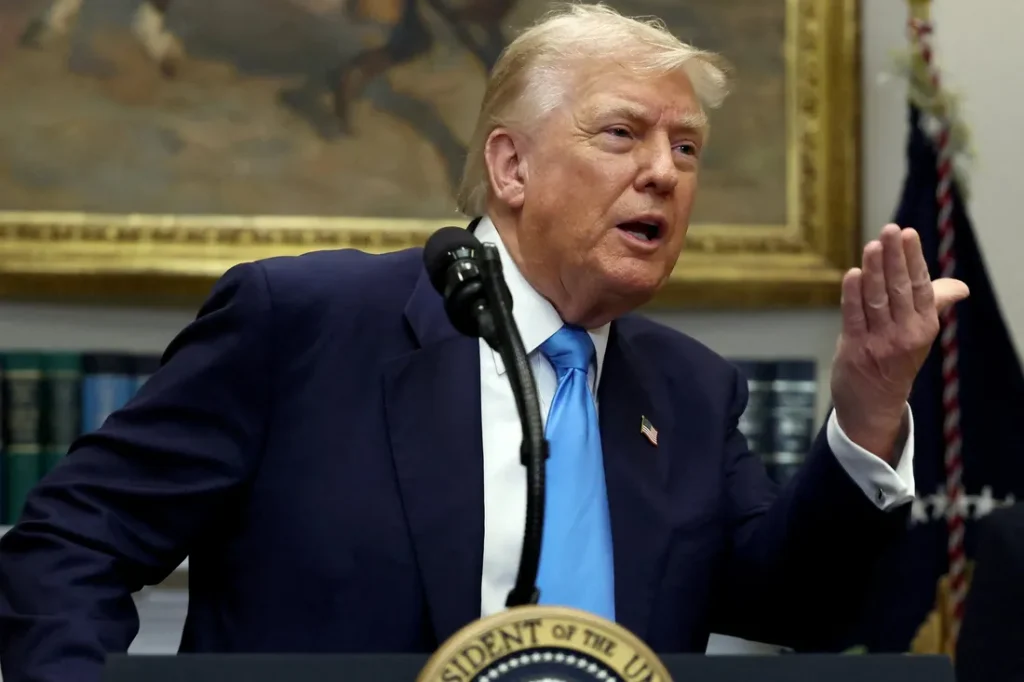In a bold policy shift, President Donald Trump has announced a landmark oil and energy deal with Pakistan, while simultaneously imposing sweeping 25% tariffs on Indian imports. The move reflects a broader strategy to reshape U.S. trade relationships in South Asia and assert economic dominance amid shifting global alliances.
U.S.–Pakistan Oil Partnership Announced
President Trump revealed that the United States will assist Pakistan in developing its untapped oil reserves through a new bilateral trade and energy agreement. A major American energy company is expected to lead exploration efforts in Pakistan, with long-term prospects for oil extraction and commercial distribution.
The agreement has been described as a major step forward in Pakistan–U.S. relations, with Trump suggesting that Pakistan may eventually become a significant oil exporter in the region. This development is expected to attract investment in Pakistan’s energy, mining, and technology sectors.
Tariffs and Penalties on India Begin August 1
Alongside the trade partnership with Pakistan, Trump declared a 25% tariff on all Indian goods entering the United States. Additional penalties were also hinted at, in response to India’s continued trade ties with strategic rivals and its high tariff barriers on U.S. exports.
These measures will go into effect starting August 1, giving Indian exporters limited time to adjust. The tariffs target sectors including pharmaceuticals, textiles, gems, automotive components, and IT services posing a major challenge to India’s export-driven economy.
Strategic Trade Realignment in South Asia
This dual action partnering with Pakistan while penalizing India marks a significant realignment in South Asian diplomacy and trade. It signals a U.S. preference for rewarding nations that open energy markets and align strategically, while economically pressuring those pursuing independent or non-aligned policies.
Trump’s administration has employed similar tactics with other countries, pushing for bilateral agreements under a strict deadline, with tariffs looming as leverage.
Implications for Global Business and Policy
For Energy Investors
The Pakistan oil deal creates fresh opportunities for investment, exploration, and infrastructure development. U.S. firms entering Pakistan’s energy sector may benefit from first-mover advantage and government support.
For Indian Exporters
The tariff hike places immense pressure on Indian manufacturers and trade officials. Sectors reliant on U.S. markets may see reduced competitiveness unless exemptions or negotiations emerge.
For Regional Diplomacy
This strategic pivot could influence how countries in South Asia engage with global superpowers. Pakistan may see increased Western engagement, while India faces a reassessment of its trade and foreign policy stance.
Conclusion
President Trump’s announcement of a historic oil agreement with Pakistan coupled with aggressive trade penalties on India marks a dramatic shift in the United States’ approach to South Asian economics and diplomacy. As the August 1 tariff deadline approaches, the ripple effects are expected to reshape regional power dynamics, investor confidence, and international trade flows.



Comments (0)
No comments yet. Be the first to comment!
Leave a Comment